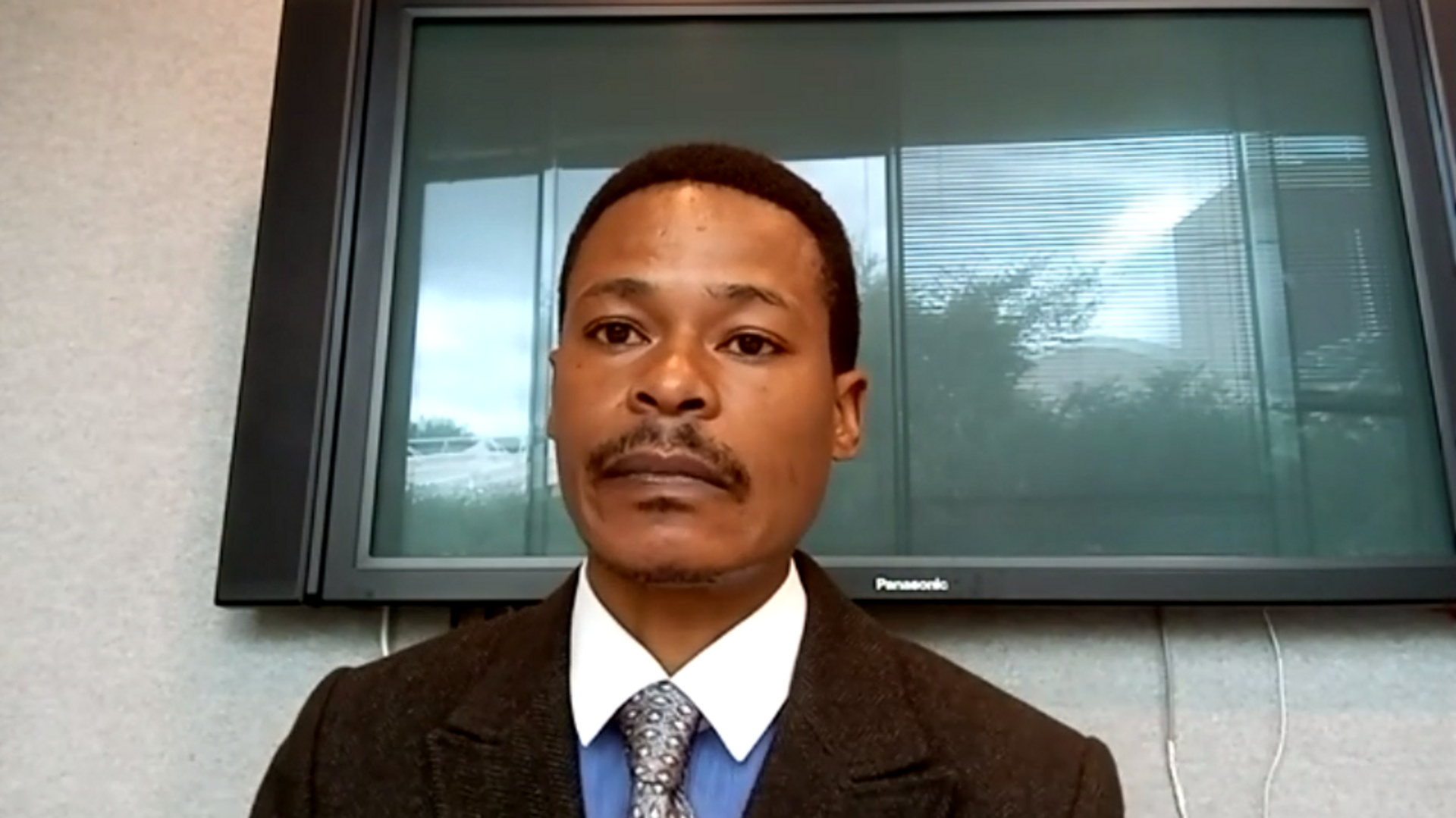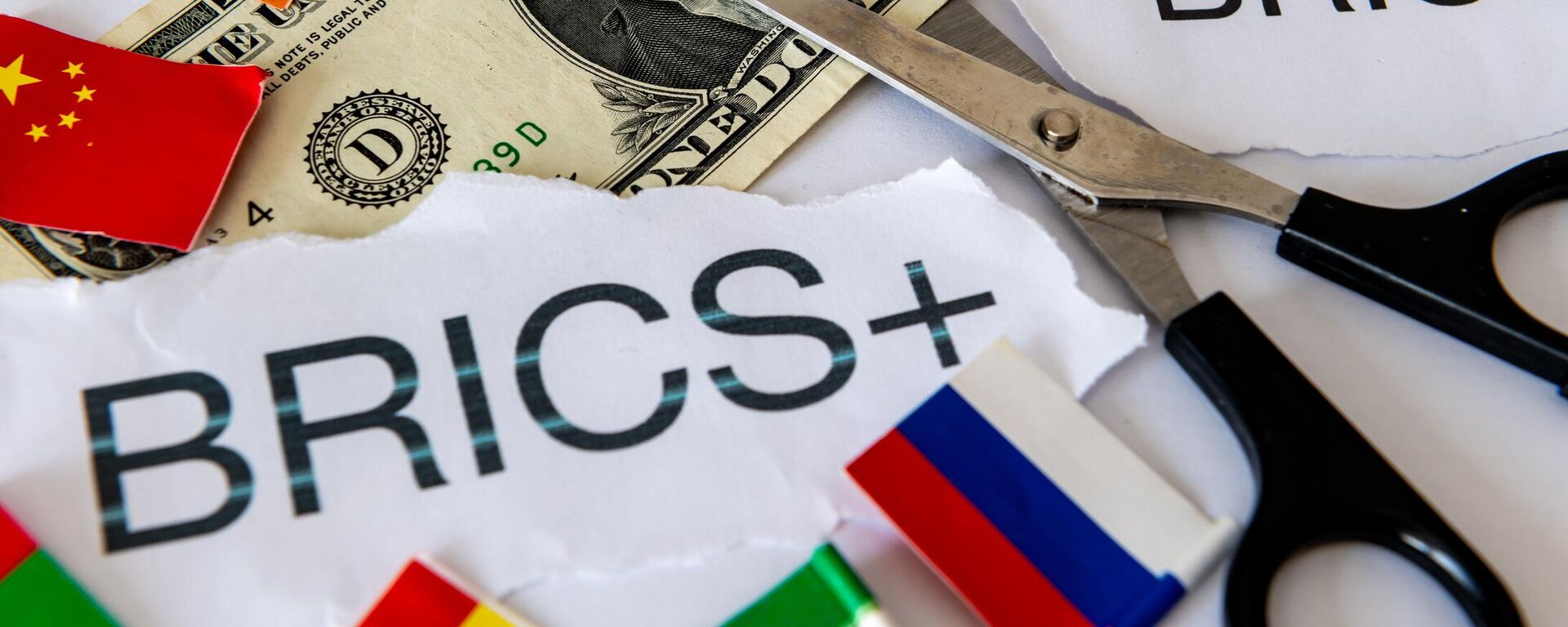How China, South Africa, and BRICS Are Reshaping Global Power Dynamics? SA Expert Explains
18:06 21.02.2025 (Updated: 17:59 22.02.2025)

© Sputnik
Subscribe
This week, the G20 Foreign Ministers met in South Africa, marking a significant milestone for both South Africa's G20 Presidency and the continent. Sputnik Africa engaged with an expert to explore the factors driving Africa's strategic repositioning and the implications for global governance in our evolving multipolar world.
For decades, Africa was seen by the Global North as a continent of extraction and dependency, rather than as an equal partner in global affairs. However, China’s emergence as a global power has altered this dynamic, offering Africa a new model of engagement based on equality and mutual benefit, South African political analyst Itumeleng Makgetla told Sputnik Africa.
"China brought a different model of engaging with the Global South, particularly with Africa, bringing in a different policy orientation of equality, of brotherhood, of solidarity, and of mutual benefit," he said.
This shift has fueled growing solidarity among developing nations, reinforcing demands for fairer global partnerships and an end to outdated power imbalances. South Africa has positioned itself as a key advocate in this evolving landscape, actively shaping international affairs, Makgetla argued.
▶️ South Africa has long played a significant role in international diplomacy, and its influence continues to grow with the G20 Presidency, Pretoria-based political analyst Itumeleng Makgetla told Sputnik Africa. https://t.co/OzUES6yTGD pic.twitter.com/Ir505UhhYG
— Sputnik Africa (@sputnik_africa) February 21, 2025
From its involvement in the League of Nations to peacekeeping missions across Africa and its recent legal action against Israel at the International Court of Justice, South Africa has consistently championed the interests of the Global South, the political scientist reminded.
"South Africa is advocating for solidarity with the Global South, with Africa, and also the developing world by really advancing the ideals that can also be traced from the French Revolution of egalite, fraternite, and solidarity," Makgetla remarked.
This drive for change is also reflected in BRICS, a bloc that is increasingly challenging the traditional dominance of Western-led financial and political structures. One of its key initiatives is advocating for trade in local currencies to reduce reliance on Western financial systems and bring down the cost of doing business.
"BRICS does well to try and create an alternative world, an alternative system where we can just make a tangible difference in the lives of people that is meaningful and that is palpably felt by a common man on the streets," Makgetla concluded.
🗨️ "BRICS does well to try and create an alternative world, an alternative system where we can just make a tangible difference in the lives of people that is meaningful and that is palpably felt by a common man on the streets," political analyst Itumeleng Makgetla told Sputnik pic.twitter.com/ndD4gkKx6a
— Sputnik Africa (@sputnik_africa) February 21, 2025


